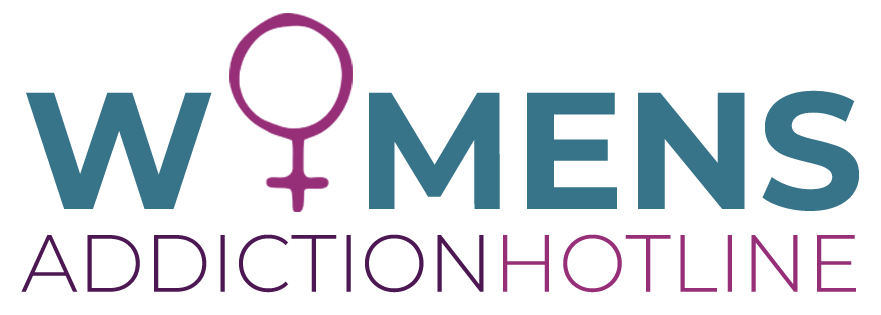Women’s Drug Abuse Hotline
Women’s Drug Abuse Hotline
Women’s National Drug Abuse Statistics
Drug abuse among women in the United States is a significant issue, while drug addiction is less prevalent among women than men, women who do experience addiction often face unique challenges as a result of both sex and gender[1]. Research also shows that rates of physical or sexual abuse are high among treatment-seeking women with substance abuse, ranging from 55% to 99%[2]. The prevalence of drug abuse among women is a cause for concern, as drug addiction can have significant negative impacts on women’s health and well-being.
The most common abused substances among women nationally are alcohol and prescription drugs. Alcohol is the most commonly abused substance, particularly among the female population[3]. In addition, 10% of women reported drug use, with 5% reporting cannabis use and 2% reporting cocaine use[4]. These substances can have severe negative effects on women’s physical and mental health, including: – Increased risk of heart disease and stroke – Impaired cognitive function – Increased risk of depression and anxiety – Increased risk of addiction and overdose
Drug abuse can have significant negative impacts on women’s health and well-being, including an increased risk of mood and anxiety disorders[3]. Women with substance use disorders are also more likely to experience gender-based violence in the context of drug use[5]. Despite the significant negative impacts of drug abuse on women’s health, fewer than 11% of women with a substance use disorder received treatment in 2019[7]. It is crucial to raise awareness and increase access to treatment for women struggling with drug addiction to improve their health and well-being.
References
1. Substance Use in Women Research Report: Summary | NIDA. from nida.nih.gov
2. Substance Abuse in Women – PMC. from www.ncbi.nlm.nih.gov/pmc/articles/PMC3124962/
3. Women and Substance Abuse. from www.hazeldenbettyford.org
4. Statistics on drinking and drug use among women – SSA. from www.addiction-ssa.org
5. Women and drugs: health and social responses. from www.emcdda.europa.eu
6. Women less likely to seek substance use treatment due ….from www.psu.edu

Women’s National Struggle with Drug Addiction
Drug addiction is a pervasive issue that affects millions of lives across the nation. While the spotlight often shines on men in discussions about substance abuse, the experiences of women grappling with addiction remain obscured. This article endeavors to unveil the reality of women’s drug addiction on a national scale, shedding light on the unique challenges they face and advocating for a more inclusive and comprehensive approach to addiction treatment and support.
The Scope of Women’s Drug Addiction
Women’s drug addiction knows no boundaries, transcending age, race, socioeconomic status, and geographic location. From bustling cities to rural communities, women from all walks of life find themselves entangled in the throes of addiction. Substance abuse among women has been steadily rising, with alarming rates of opioid, methamphetamine, and prescription drug misuse gripping the nation.
Understanding the Complexities
The pathways to addiction for women are often multifaceted, influenced by a myriad of biological, psychological, social, and environmental factors. Women may turn to drugs as a means of coping with trauma, abuse, mental health disorders, or societal pressures. Additionally, gender-specific risk factors such as hormonal fluctuations, pregnancy, and childcare responsibilities can further complicate the addiction landscape for women.
Unique Challenges Faced by Women
Women navigating the treacherous terrain of drug addiction encounter a host of unique challenges. Stigma and shame surrounding female substance abuse can prevent women from seeking help, leading to isolation and despair. Moreover, women often face barriers to accessing treatment, including childcare responsibilities, financial constraints, and limited availability of gender-responsive programs.
The Impact of Drug Abuse on Women’s Lives
The consequences of drug addiction reverberate throughout every aspect of a woman’s life, wreaking havoc on her physical health, mental well-being, relationships, and socioeconomic status. For many women, addiction becomes a vicious cycle, trapping them in a downward spiral of despair and hopelessness.
A Call to Action
Addressing women’s drug addiction requires a concerted effort from all sectors of society. Healthcare providers must adopt gender-sensitive approaches to screening, diagnosis, and treatment, recognizing and addressing the unique needs of women affected by addiction. Policymakers must prioritize funding for gender-responsive prevention, intervention, and recovery programs, ensuring that women have access to the comprehensive support they need to heal and thrive.
The time has come to confront the harsh reality of women’s drug addiction on a national scale. By amplifying their voices, advocating for gender-inclusive policies, and fostering a culture of empathy and support, we can create a brighter future where all women have the opportunity to break free from the chains of addiction and reclaim their lives with dignity and resilience. Together, let us work towards a nation where every woman has the chance to thrive, free from the shadow of addiction.

